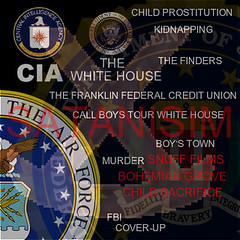The Franklin Files

| Post Info | TOPIC: Ukraine recently participated in ---Black Death plague attack scenario--Interpol | ||||||
|---|---|---|---|---|---|---|---|
|
|
|
||||||
|
|
|
||||||
|
|||||||
|
|
||

| Post Info | TOPIC: Ukraine recently participated in ---Black Death plague attack scenario--Interpol | ||||||
|---|---|---|---|---|---|---|---|
|
|
|
||||||
|
|
|
||||||
|
|||||||
|
|
||